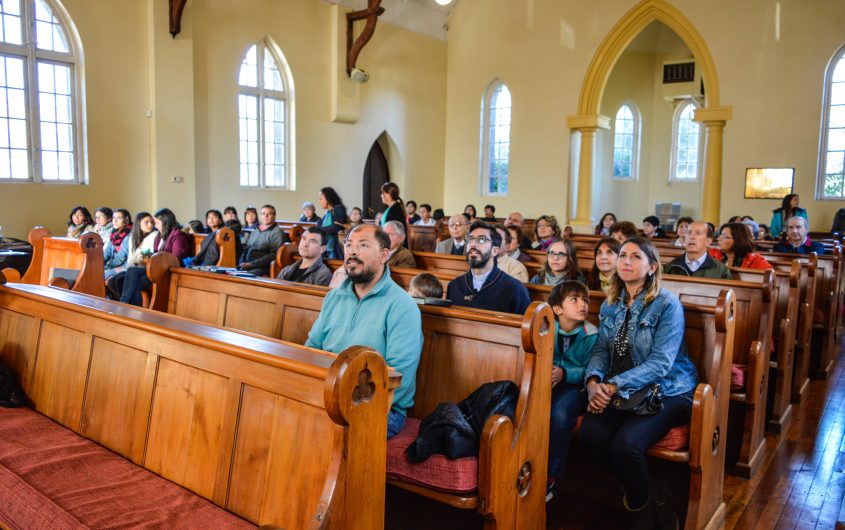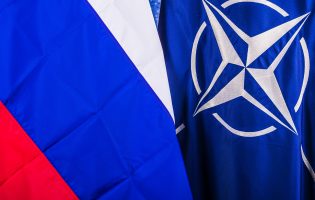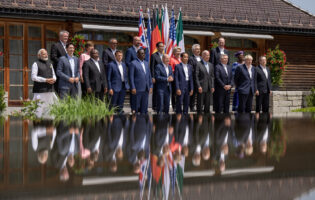
Workforce Integration of Immigrants in the United States and Germany
Local and Religious Perspectives
As national debates about immigration continue to dominate the political agenda in both Germany and the United States, much of the work of integrating asylum seekers and refugees takes place, quietly, at the local level, often initiated or accompanied by the churches. This seminar will examine the nature of activity at the local level concerning workforce integration, including the work of churches; the churches’ relationship to the national churches’ policies and programs; and the challenges and opportunities facing both immigrants and those providing help. Eva-Maria Tomczak will provide a regional report from activities in the south-western area of Baden-Wuerttemberg, focusing on the German Christian Churches. Alicia Wrenn will address the issue from the perspective of the American Lutheran Church.
View PowerPoint on Workforce Integration in Germany
View PowerPoint on Workforce Integration in the U.S.
Please join AGI for an examination of how local religious institutions support integration in their communities.
Eva-Maria Tomczak holds a degree in English, Spanish, and Economics of Justus-Liebig-University Giessen including study periods at the University of Nottingham, UK, and Universidad Complutense, Madrid, Spain. Most of her professional life she has worked in the area of human resources, as a consultant and in senior management, developing expertise as a specialist in international recruitment and employer branding. Her employment history includes amnesty international, the United Nations Environment Programme, the German Employment Agency, the European Central Bank, the food and agriculture business and industry.
Having been confronted with red tape herself in 2016 when, as HR manager in industry, she tried to employ refugees, she decided to assist both companies in this matter, as well as refugees, teaching German.
In addition to her full-time job in project management at the Archdiocese of Freiburg, she runs a small business, www.ekonekto.de, assisting small and medium-sized companies (SMEs), which in desperate need of apprentices, trainees, and workers as a result of the demographic development in Germany, try to employ people from abroad including migrants and refugees. She gives talks and seminars for SMEs in the border triangle region assisting them to develop on-boarding concepts tailored to the needs of the people who are supposed to successfully work together.
Alicia Wrenn is Assistant Director for Integration at Lutheran Immigration and Refugee Service (LIRS). In this role Ms. Wrenn works with 42 nonprofit implementing partners sites resettling refugees across 23 states. The goal of her service is to foster community integration and client self-sufficiency. The programming to support this is wide ranging from intensive case management for those with a significant need for medical and mental health services, economic empowerment activities from client job readiness and career pathways planning as well as employer partnerships, to volunteer and community engagement to cultivate local stakeholders who will advocate for client needs. Her team of 8 provides technical assistance, contract compliance, and strategies to build capacity in the network.
Prior to working at LIRS, Ms. Wrenn was the Executive Director of Kenya Connect, an NGO in rural Kenya working with 54 schools. She has a master’s degree from the University of Chicago in Public Policy.
Location
AICGS
1755 Massachusetts Avenue NW | Suite 700 | Washington, DC







